|

HOME |
ABOUT | INDEX |
NEWS |
FACEBOOK |
CONTACT
LANGUAGE
Respectful Words |
Inclusive Communication

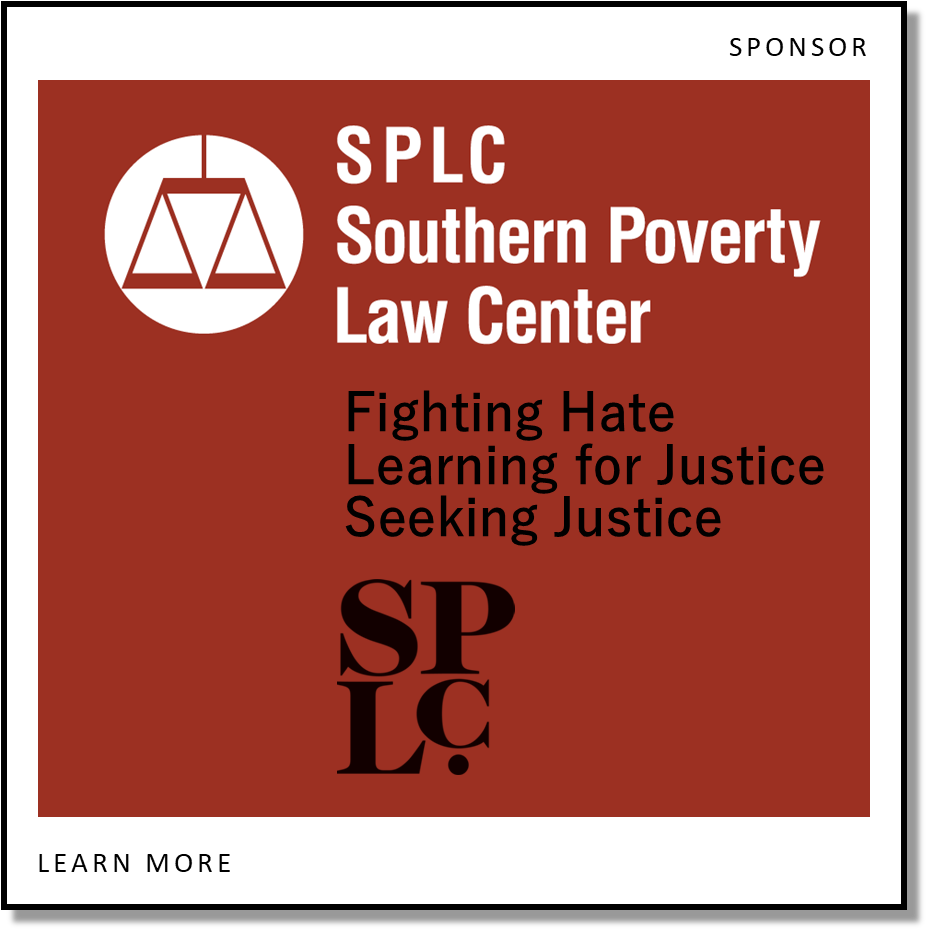
Terminology and Definitions
Frequently Asked Questions
LGBTQ Stereotypes
Misinformation and Misconceptions
Preferred Gender Pronouns
Deadnaming and Misgendering

Respectful
Language
Let’s talk about
communication. Words are important. We show respect by
choosing the appropriate words and using proper
language. It is important to communicate respect and be
sensitive to others. We need to avoid verbal mis-steps.
And avoid being offensive. Also, it is important to be
educated and informed, to display credibility, to sound
like we know what we’re talking about. And it’s more
than just political correctness. It’s about respect.
OFFENSIVE:
"homosexual"
PREFERRED: "gay" or "gay man" or "lesbian"
Please use "lesbian" or "gay man" to describe people
attracted to members of the same sex. Because of the
clinical history of the word "homosexual," it has been
adopted by anti-gay extremists to suggest that lesbians
and gay men are somehow diseased or
psychologically/emotionally disordered - notions
discredited by both the American Psychological
Association and the American Psychiatric Association in
the 1970s. Please avoid using "homosexual" except in
direct quotes. Please also avoid using "homosexual" as a
style variation simply to avoid repeated use of the word
"gay."
OFFENSIVE: "homosexual relations/relationship,"
"homosexual couple," "homosexual sex"
PREFERRED: "relationship" (or "sexual relationship"),
"couple" (or, if necessary, "gay couple"), "sex"
Identifying a same-sex couple as "a homosexual couple,"
characterizing their relationship as "a homosexual
relationship," or identifying their intimacy as
"homosexual sex" is offensive and should be avoided.
These constructions are frequently used by anti-gay
extremists to denigrate gay and lesbian people, couples
and relationships. As a rule, try to avoid labeling an
activity, emotion or relationship "gay" or "lesbian"
unless you would call the same activity, emotion or
relationship "straight" if engaged in by someone of
another sexual orientation. In most cases, your readers,
viewers or listeners will be able to discern people's
genders and/or sexual orientations through the names of
the parties involved your depictions of their
relationships, and your use of pronouns.
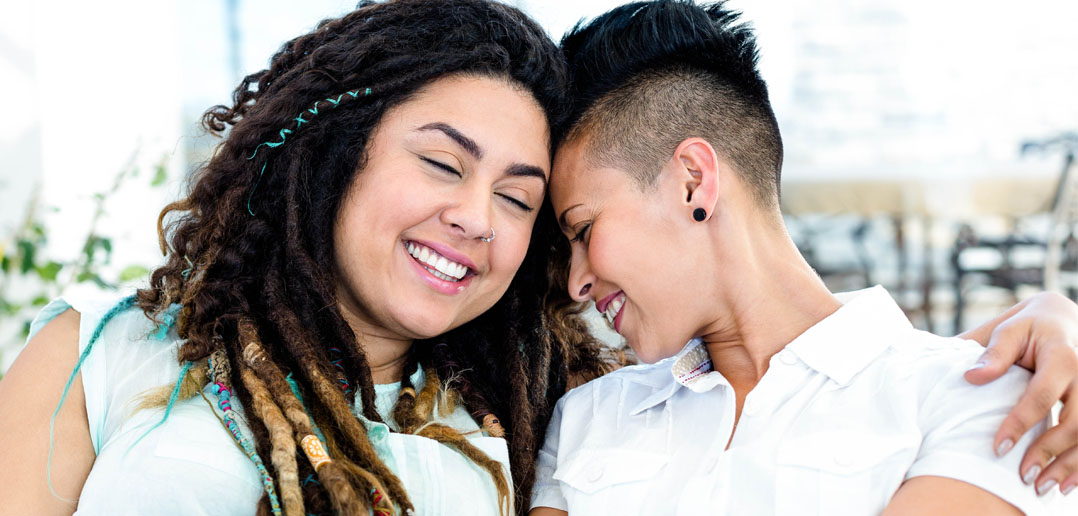
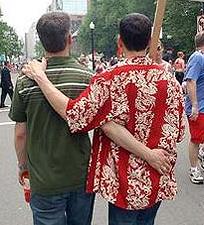
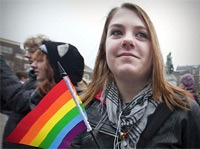
Kevin Hart Says Wanda Sykes Helped Him Understand Why
His Homophobic Jokes Were Harmful
What So Bad About That's So Gay?
Has "Openly Gay" Become an
Offensive Term?
That’s So Gay: Lasting Impact on Youth
That’s So Gay: Not So Funny
Words We Don't Use
APA: Avoiding Heterosexual Bias in
Language
Words the LGBTQ
Community Has Reclaimed (And Some We Haven't)
The Problem
With "Hey Guys"
Guide to Using Gender Neutral Pronouns
Gender Neutral Pronouns: They're Here,
Get Used to It
Slideshow: Respectful and Inclusive
Info: Preferred Gender
Pronouns
OFFENSIVE: "sexual preference"
PREFERRED: "sexual orientation"
The phrase "sexual preference" is generally used to
suggest that being lesbian or gay is a choice and
therefore "curable." The term "sexual orientation" is
the accurate description of an individual's enduring
physical, romantic, emotional and/or spiritual
attraction to members of the same and/or opposite sex
and is inclusive of lesbians, gay men, bisexuals and
heterosexual men and women.
OFFENSIVE: "gay lifestyle" or "homosexual lifestyle"
PREFERRED: "lesbian" or "gay"
There is no single lesbian or gay lifestyle. Lesbians
and gay men are diverse in the ways they lead their
lives. The phrase "gay lifestyle" is used to denigrate
lesbians and gay men, suggesting that their sexual
orientation is a choice and therefore "curable."
OFFENSIVE: "admitted homosexual" or "avowed homosexual”
PREFERRED: "openly lesbian" or "openly gay" or "out"
Dated term used to describe those who are openly lesbian
or gay or who have recently come out of the closet. The
words "admitted" or "avowed" suggest that being a
lesbian or gay man is somehow shameful or inherently
secretive. Avoid the use of the word "homosexual" in
either case.
There has
been some recent discussion suggesting that the term
"openly gay" might not be as appropriate as once was
thought. The trend seems to be in favor of using
the term "out" instead.
US House of Reps Adopts
Gender Neutral Language Rules
Slideshow: Respectful &
Inclusive
Info: Preferred Gender Pronouns
That’s Go Gay: Microaggressions and the
LGBTQ Community
Respectful Workplace: The Power of Words
Info: Archaic Language and
Terminology
LGBTQ Words Added to the Oxford English
Dictionary in 2022
US House of Reps Adopts
Gender Neutral Language Rules
Guide to Gender-Affirming Verbal Communication
Info: Preferred Gender Pronouns
Video Lesson: Anti-Trans Slurs
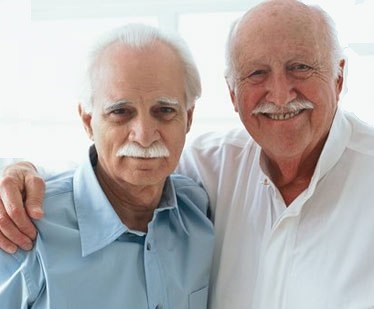


OFFENSIVE: "gay agenda" or "homosexual agenda"
PREFERRED: "lesbian and gay civil rights movement" or
"lesbian and gay movement"
Lesbians
and gay men are as diverse in our political beliefs as
other communities. Our commitment to equal rights is one
we share with civil rights advocates who are not
necessarily lesbian or gay. "Lesbian and gay movement"
accurately describes the historical effort to achieve
understanding and equal treatment for gays and lesbians.
Notions of a "homosexual agenda" are rhetorical
inventions of anti-gay extremists seeking to portray as
sinister the lesbian and gay civil rights movement.
OFFENSIVE: "special rights"
PREFERRED: "equal rights" or "equal protection"
Anti-gay extremists frequently characterize civil rights
and equal protection of the law for lesbian, gay,
bisexual and transgender Americans as "special rights"
in an attempt to energize opposition to
anti-discrimination and equal opportunity laws.
OFFENSIVE:
"fag," "faggot," "dyke," "homo," "queen," "she-male,"
"he-she," "it," "tranny" and similar epithets.
The criteria for using these derogatory terms should be
the same as those applied to hate words for other
groups: they should not be used except in a direct quote
which reveals the bias of the person quoted. So that
such words are not given credibility in the media, it is
preferred that reporters say, "The person used a
derogatory word for a lesbian, gay man or transgender
person."
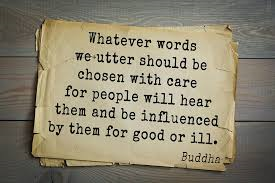
That’s So Gay: Not So Funny
Words We Don't Use
Kevin Hart Says Wanda Sykes Helped Him Understand Why
His Homophobic Jokes Were Harmful
Hilary Duff: That's So Gay
That’s Go Gay: Microaggressions and the
LGBTQ Community
Respectful Workplace: The Power of Words
Info: Archaic Language and
Terminology
Instead of "Hey Guys!" Try These
Gender-Neutral Alternatives
Video Documentary: The Gay Word
Hallmark:
Meaningful Messages for LGBTQ Friends and Family
Brian McNaught: Good
Words Bad Words
Words the Queer Community Has Reclaimed
(and Some We Haven't)
OFFENSIVE:
"deviant," "disordered," "dysfunctional," "diseased,"
"perverted," "destructive" and similar descriptions.
The notion
that being gay or lesbian is a psychological disorder
was discredited by the American Psychological
Association and the American Psychiatric Association in
the 1970s. Today, words such as "deviant," "diseased"
and "disordered" often are used to portray lesbians and
gay men as less than human, mentally ill, or as a danger
to society. Words such as these should be avoided in
stories about the lesbian and gay community. If they
must be used, they should be quoted directly in a way
that reveals the bias of the person being quoted.
OFFENSIVE:
Associating gay men, lesbians, same-sex relationships or
homosexuality with pedophilia, child sexual abuse,
bestiality, bigamy, polygamy, adultery and incest.
Homosexuality and/or being gay is not synonymous with
pedophilia, child sexual abuse, bestiality, bigamy,
polygamy, adultery and/or incest. These associations
often are used to suggest that lesbians and gay men pose
a threat to society, to families, and to children in
particular. Such suggestions are defamatory and should
be avoided, except in a direct quote which reveals the
bias of the person quoted.
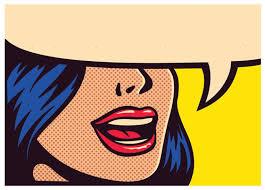
What So Bad About That's So Gay?
Has "Openly Gay" Become an
Offensive Term?
Guide to Gender-Affirming Verbal Communication
That’s So Gay: Lasting Impact on Youth
Info: Deadnaming
Slideshow: Respectful & Inclusive
That’s Go Gay: Microaggressions and the
LGBTQ Community
Info: Preferred Gender Pronouns
Talking About
Marriage
GOOD: Gay Marriage
BETTER: Same Sex
Marriage
BEST: Marriage
Equality
As gay and lesbian
couples begin getting married, some may struggle with
the appropriate words to use to refer to the wedding
ceremony that is taking place or the marriage
relationship that is beginning. You may hear confusion
from someone who is sincerely trying to understand this
new concept. They may even ask, “So, which one’s the
groom and which one’s the bride?”
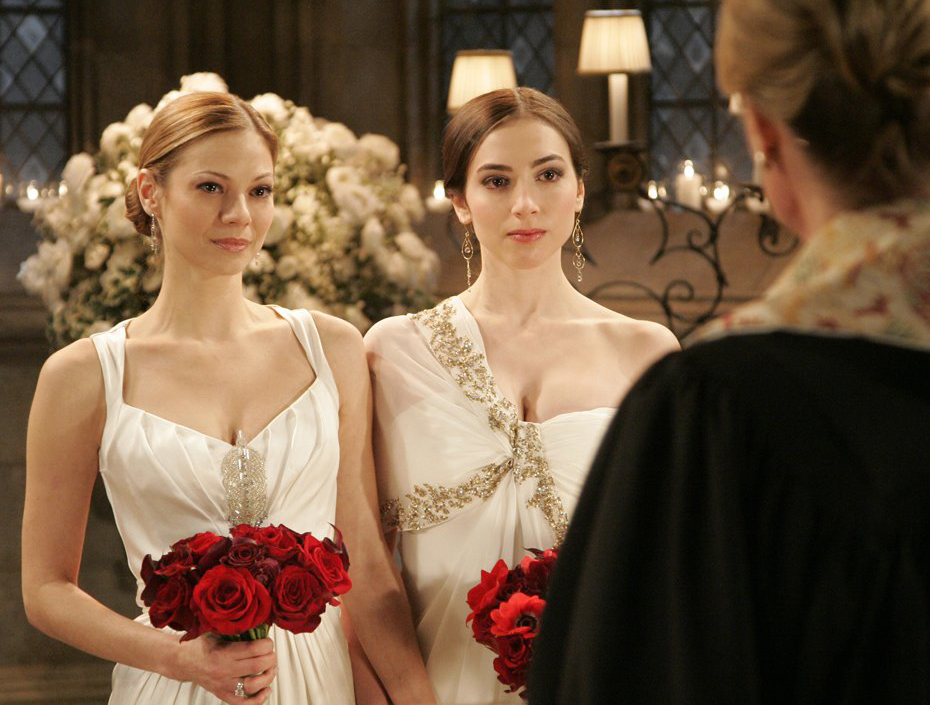
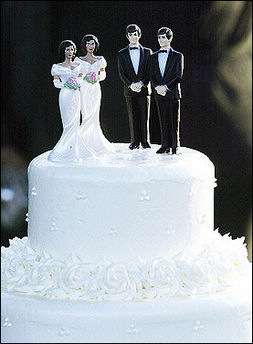
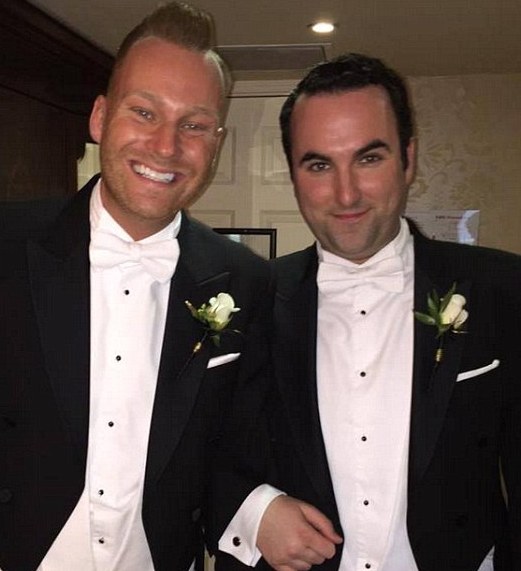
It is appropriate, of
course, to refer to the ceremony or the occasion as
simply a “wedding” or a “marriage” like any other
wedding or marriage. There is no need to
differentiate.
However, the term “Gay
Marriage” is respectful. Using the term “Same Sex
Marriage” shows greater knowledge of the subject. Using
the term “Marriage Equality” shows a deeper
understanding of what it means and why it is important.
Instead of "Hey Guys!" Try These
Gender-Neutral Alternatives
US House of Reps Adopts
Gender Neutral Language Rules
APA: Avoiding Heterosexual Bias in
Language
Words We Don't Use
Hilary Duff: That's So Gay
Brian McNaught: Good Words Bad Words
Ally Tips:
Respectful Language
Guide to Gender-Affirming Verbal Communication
Openly Gay
Let's get rid of the term 'openly gay'
You know gay actor Andrew Scott from the series All
of Us Strangers and as the hot priest from
Fleabag. He says he is done with the term "openly
gay."
During The Hollywood Reporter's recent Actor’s
Roundtable, the beloved actor made his point about the
term. "I’m going to make a pitch for getting rid of the
expression openly gay," Scott said. "It’s an
expression that we actually only ever hear in the
media."
"You are never at a party and you say, this is my
openly gay friend," Scott continued. "Why do we put
openly in front of that adjective? You know, we
don’t say you’re openly Irish, we don’t say
you’re openly left handed."
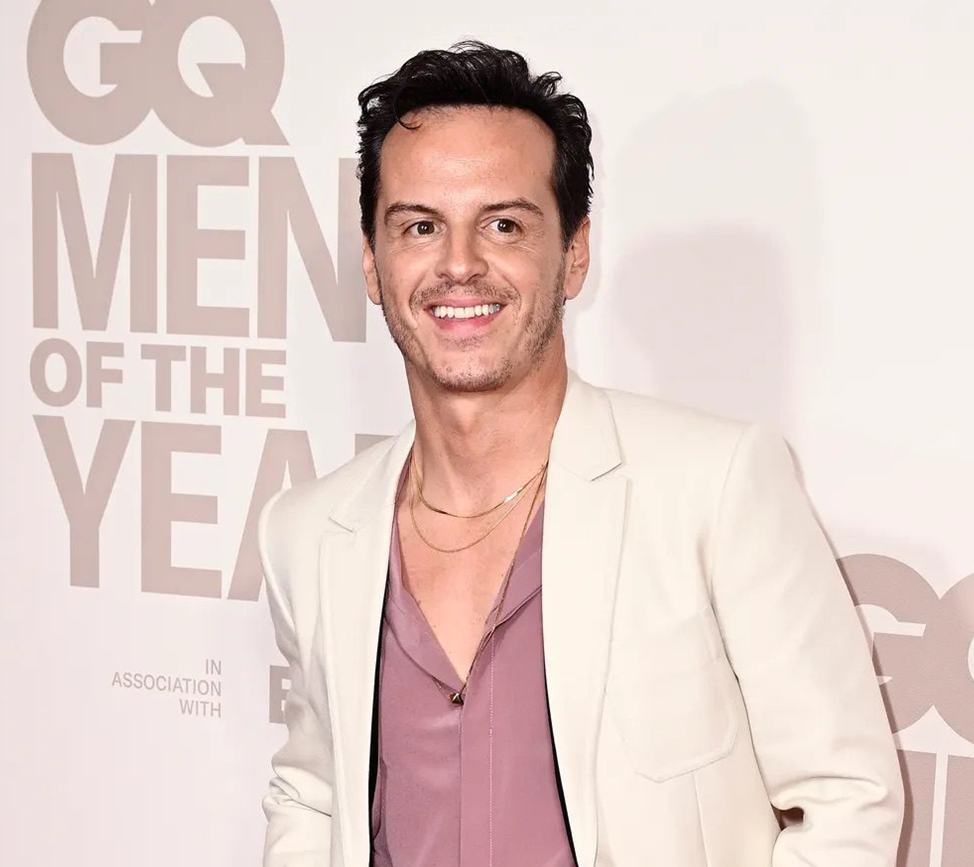
He said he is opposed to the expression "because it’s
two steps away from shamelessly gay. There’s
something in it that sounds a little like the word
shamelessly. It's like saying, you’re so open
about it,” he added. "I nearly prefer shamelessly
gay!"
"And sometimes I just feel like if you gotta say it to
understand it, just say, you know, out instead.
Or, you know what? Just don’t say anything at
all."
Scott said there is something about saying you’re
openly gay that sounded like being gay was
equivalent to something sinister. "I just think it’s
time to sort of park it.”
"Representation is a wonderful thing, but, you know,
we’re talking an awful lot here about transformation,
and I wouldn’t be here if representation hadn’t
improved. But I do think transformation is very
important for actors."
"I think there’s a danger of us all actually just being
separated a little bit more because I think it’s a
dangerous idea to put a clamp on transformation because
that shouldn’t be the priority," he concluded. "The
priority should be clamping down on the prejudice within
our industry and looking at who gets to transform, not
the transformation itself."
[Source:
Mey Rude, Out Magazine, Jan 2024]
What So Bad About That's So Gay?
Has "Openly Gay" Become an
Offensive Term?
That’s So Gay: Lasting Impact on Youth
Guide to Gender-Inclusive Language
Words the LGBTQ
Community Has Reclaimed (And Some We Haven't)
US House of Reps Adopts
Gender Neutral Language Rules
Slideshow: Respectful & Inclusive
Info: Preferred Gender
Pronouns
LGBTQ Words Added to the Oxford English
Dictionary in 2022
Kevin Hart Says Wanda Sykes Helped Him Understand Why
His Homophobic Jokes Were Harmful
That's So Gay
"When you
say that's so gay to mean dumb and
stupid, that's pretty insulting. Knock it
off!"
-Wanda
Sykes
"That's so gay! I hate that phrase so much. Especially
when the word "gay" in that context is synonymous with
stupid or dumb. Those who say that phrase are nothing
but ignorant numbskulls with no sense of vocabulary and
true understanding of its actual definition. I know
several homosexual people who are by no means truly
stupid and what-not. Though those several are not
completely representative of the entire homosexual
population, you cannot suddenly misuse a word and twist
its definition to mean something entirely different. It
is simply wrong and proves what kind of uneducated idiot
you are."
-Gayle Quan/San Francisco, California
"That's so
gay" has been part of the adolescent lexicon for some
time, but a new University of Michigan study has
revealed the phrase could have deep consequences for
lesbian, gay, bisexual, transgender, and queer (LGBTQ) students.
Published in the Journal of American College Health, and
reported by CBS Detroit, the study reportedly examined
the impact of hearing "that's so gay" among 114 LGBTQ
students between the ages of 18 and 25.
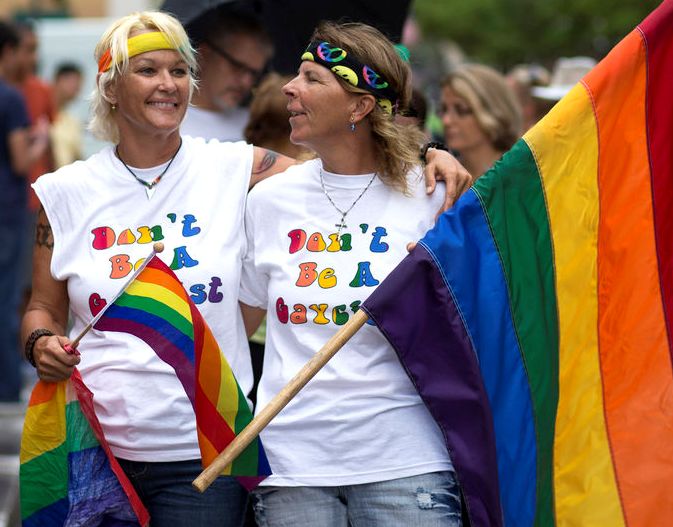
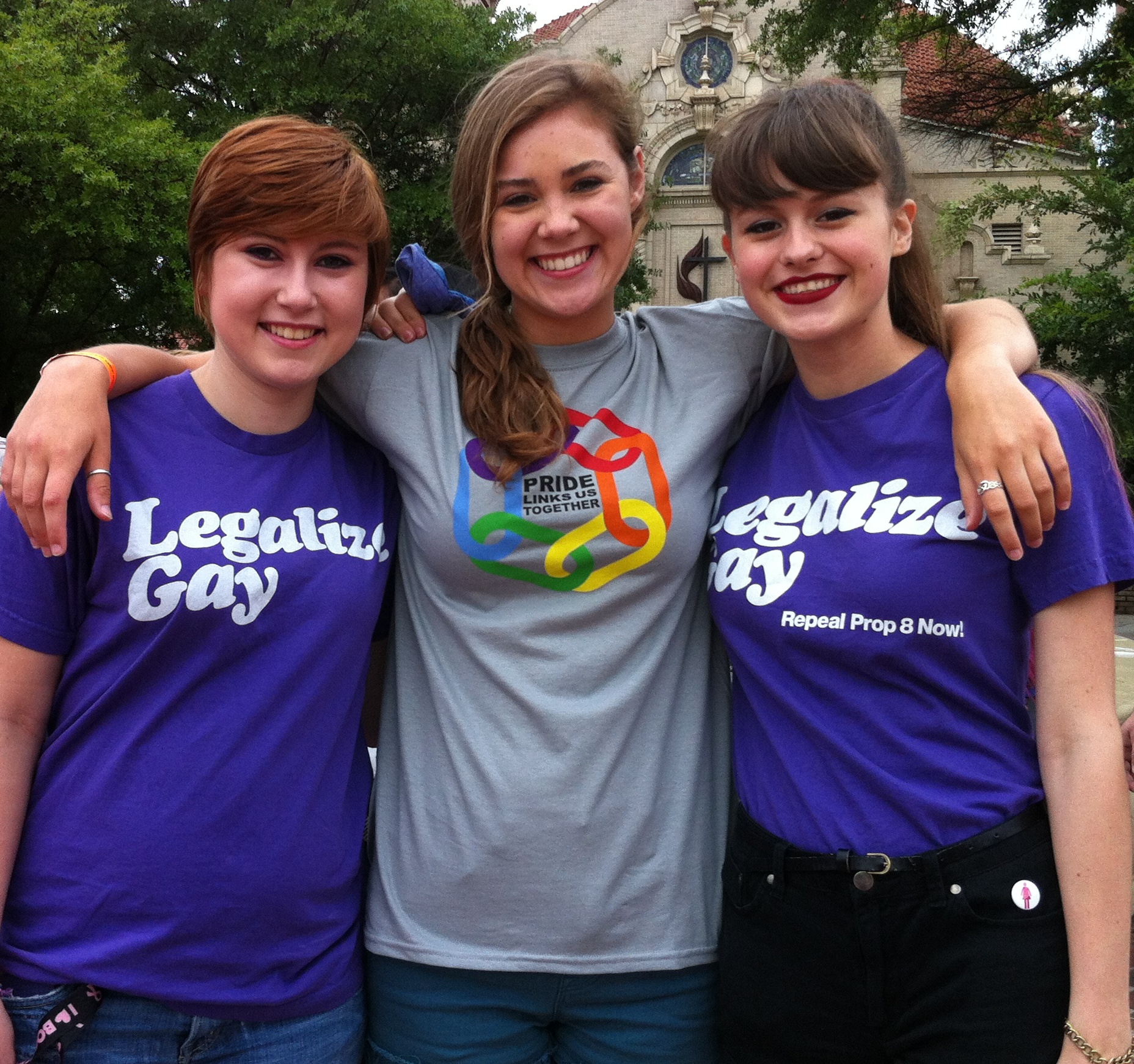
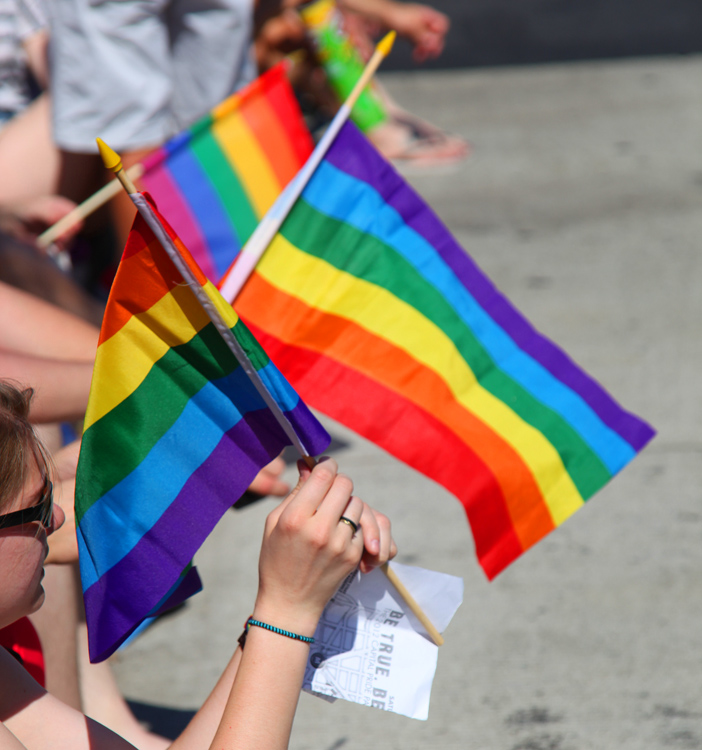
Respectful Workplace: The Power of Words
Hallmark:
Meaningful Messages for LGBTQ Friends and Family
Guide to Gender-Affirming Verbal Communication
Info: Archaic Language and
Terminology
That’s So Gay: Not So Funny
Words the LGBTQ
Community Has Reclaimed (And Some We Haven't)
The resulting data found that LGBTQ students who heard
the phrase frequently were more likely to feel isolated
and experience headaches, poor appetite or eating
problems than those who didn't. Still, the study also
revealed another troubling statistic: a mere 14
respondents (13 percent) hadn't heard "that's so gay" at
all throughout the duration of the survey.
"Given the nature of gay-lesbian-bisexual stigma, sexual
minority students could already perceive themselves to
be excluded on campus and hearing 'that's so gay' may
elevate such perceptions," Michael Woodford, an
assistant professor of social work and co-author of the
new study, said in a statement. "'That's so gay' conveys
that there is something wrong with being gay." Woodford
went on to suggest, "Policies and educational programs
are needed to help students, staff and faculty to
understand that such language can be harmful to gay
students. Hopefully, these initiatives will help to
eliminate the phrase from campuses."
In 2007, the phrase was at the epicenter of a
controversial lawsuit, after a California teen's parents
claimed their daughter's First Amendment rights had been
violated after she was disciplined by her high school
for uttering the phrase, which "enjoys widespread
currency in youth culture," to classmates who were
allegedly taunting her for her Mormon upbringing,
according to court documents cited by the Associated
Press.
What So Bad About That's So Gay?
That’s So Gay: Lasting Impact on Youth
Info: Preferred Gender Pronouns
Hilary Duff: That's So Gay
Slideshow: Respectful and Inclusive
That’s Go Gay: Microaggressions and the
LGBTQ Community
Respectful Workplace: The Power of Words
Words the LGBTQ
Community Has Reclaimed (And Some We Haven't)
US House of Reps Adopts
Gender Neutral Language Rules
The Problem
With "Hey Guys"
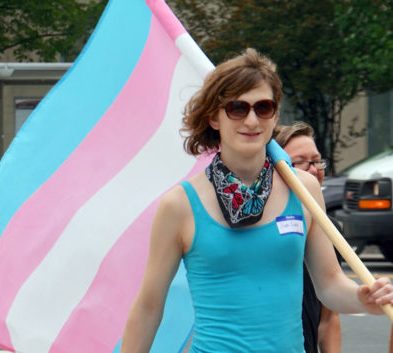
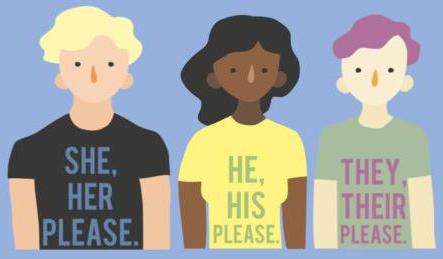
Transgender
Terms and Labels
Let's talk about some outdated, inaccurate, or offensive
gender identity terms. Although some people may use the
following terms to describe their own gender, most of
the labels below range from out-of-date to offensive.
OFFENSIVE: Gender Identity Disorder (or GID)
PREFERRED: Gender Dysphoria
OFFENSIVE: Hermaphrodite
PREFERRED: Intersex
OFFENSIVE: Pre-Operative, Post-Operative (Pre-Op, Post-Op)
It is
considered offensive to inquire about a transgender
person’s surgical status. And it is inappropriate to
talk about a transgender person’s pre-operative or
post-operative situation or how far they are in their
transition. A person is still considered to be
transgender whether they have undergone surgery or not.
Focusing
on whether someone has had surgery can be considered
invasive or a violation of someone’s privacy. Also many
transgender people don’t want (or don’t have access to)
surgeries that would change their body. Lastly, there
are a variety of other ways transgender people
transition besides sex reassignment surgery.
OFFENSIVE: Sex Change Operation
PREFERRED: Sex Reassignment Surgery
(SRS) or Gender Affirming Surgery
What So Bad About That's So Gay?
Guide to Gender-Affirming Verbal Communication
Has "Openly Gay" Become an
Offensive Term?
That’s So Gay: Lasting Impact on Youth
Guide to Gender-Inclusive Language
Words the LGBTQ
Community Has Reclaimed (And Some We Haven't)
US House of Reps Adopts
Gender Neutral Language Rules
Slideshow: Respectful and Inclusive
Info: Preferred Gender
Pronouns
LGBTQ Words Added to the Oxford English
Dictionary in 2022
OFFENSIVE: Shemale
This is an
offensive term for a transgender woman, especially one
who has had medical treatment for her breasts, but still
has a penis. This term may be used by sex-workers or
within the porn industry.
OFFENSIVE: Tranny
While some
transgender people use the word Tranny to describe their
gender, most find it highly offensive and consider it a
derogatory slur.
OFFENSIVE: Transgendered
Adding -ed
to the end of transgender isn’t grammatically correct.
You wouldn’t say that someone is gayed, womaned, or
Latinoed. Similarly you wouldn’t call someone
transgendered.
OFFENSIVE: Transsexual
This is an
older (outdated) term for people whose gender identities don’t
match the sex that was assigned at birth and who desire
and/or seek to transition to bring their bodies into
alignment with their gender identities. Some use the
term (inappropriately) to label a transgender person who
has undergone sex reassignment surgery. Some people find
this term offensive, others do not. Only refer to
someone as transsexual if they tell you that’s how they
identify.
That’s So Gay: Not So Funny
Hallmark:
Meaningful Messages for LGBTQ Friends and Family
Words We Don't Use
Brian McNaught: Good Words Bad Words
Kevin Hart Says Wanda Sykes Helped Him Understand Why
His Homophobic Jokes Were Harmful
Info: Deadnaming
LGBTQ Words Added to the Oxford English
Dictionary in 2022
Video Documentary: The Gay Word
Guide to Gender-Inclusive Language
Info: Archaic Language and
Terminology
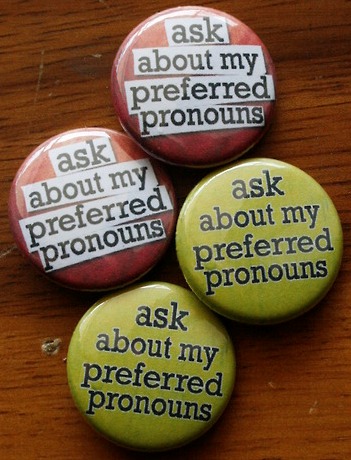 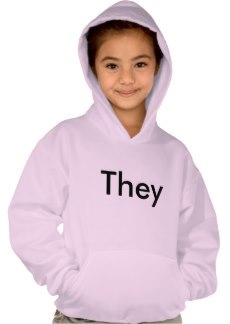 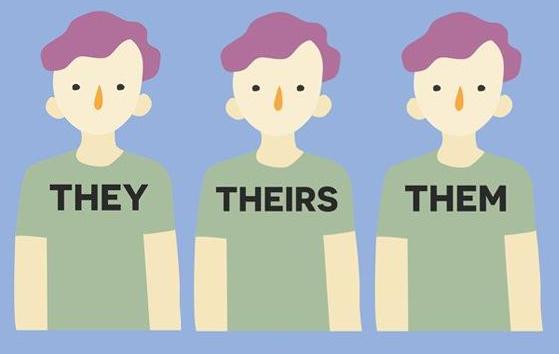
OFFENSIVE:
Misgendering / Deadnaming
PREFERRED: Using Preferred Pronouns / Using
Preferred Name
People who are transgender or gender variant experience
some sense of discomfort and dysphoria in having to deal
with the mismatch of their external presentation with
their internal feelings regarding being male or female.
To cope with those feelings… and to affirm their true
gender… they may choose a new name along with a new
pronoun that more accurately expresses their identity.
A male who identifies as female, for example, may, in
addition to wearing women’s clothing and make-up, choose
a female-sounding name and prefer to be addressed as she
and her.
For people who are transgender or gender variant, the
simple act by another person of using a preferred
pronoun or preferred name can make a big difference. It
is a profound display of respect.
“Deadnaming” occurs when someone intentionally or
accidentally refers to a transgender person by the name
they used before they transitioned. “Misgendering”
occurs when someone intentionally or accidentally refers
to a transgender person by the pronoun they used before
they transitioned.
Transgender Terms and Labels
Five Things Not to Say to a Trans Person
GLAAD: Transgender Terminology
Gender and Gender Identity
APA: Avoiding Heterosexual Bias in
Language
Video Lesson: Anti-Trans Slurs
Respectful Language
Words the Queer Community Has Reclaimed
(and Some We Haven't)
Trans Terms You Should Know
Glossary of Transgender Terminology
Ally Tips:
Respectful Language
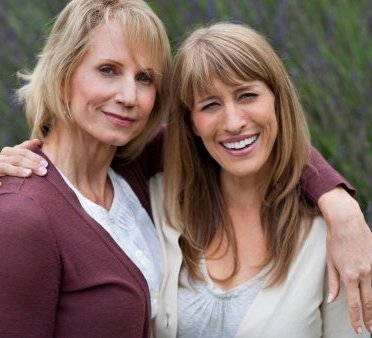
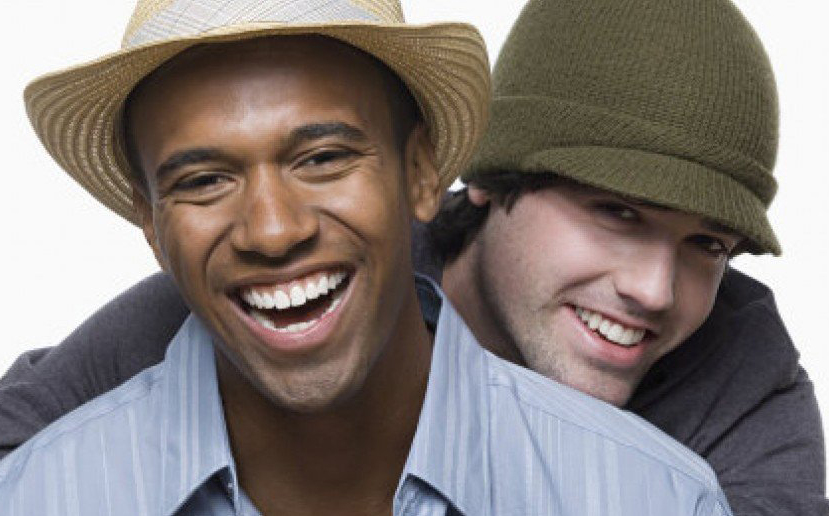
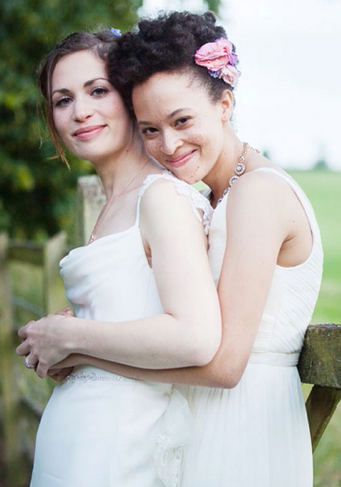
Inclusive
Language
Neutral word usage...
Types of discrimination that compromise a sense of inclusivity include
heterosexism,
heteronormativity,
cisnormativity, gender essentialism, cissexism,
and other forms of oppression
(homophobia, biphobia,
transphobia) based on sexual orientation and
gender identity.
Working
towards a more inclusive society might mean adopting
language and references that are more inclusive than
exclusive. Utilizing gender neutral terms could serve to
increase inclusivity.
Oftentimes, it is best to use gender-neutral terms instead of
gender-specific terms. There are plenty of
reasonable alternatives you can use that make no
reference to gender... Clerk... Staff... Crew...
Team... Member... Representative... Assistant... Associate... Persons...
Folks...
In general or domestic usage...
Person/Individual (Instead of Man)
People
(Instead of Men)
Humankind/Humanity
(Instead of Mankind)
Partner/Significant Other (Instead of Boyfriend,
Girlfriend)
Spouse/Partner (Instead of Husband, Wife)
Parent
(Instead of Mother, Father)
Sibling
(Instead of Brother, Sister)
Child
(Instead of Son, Daughter)
In
occupational settings...
Chair
(Instead of Chairman)
Sales
Representative/Rep/Associate (Instead of Salesman)
Server
(Instead of Waitress)
Spokesperson (Instead of Spokesman)
Workers
(Instead of Workmen, Men at Work)
Firefighter (Instead of Fireman)
Police
Officer (Instead of Policeman)
Flight
Attendant (Stewardess)
That’s So Gay: Not So Funny
Hallmark:
Meaningful Messages for LGBTQ Friends and Family
Words We Don't Use
Brian McNaught: Good Words Bad Words
Info: Deadnaming
LGBTQ Words Added to the Oxford English
Dictionary in 2022
Video Documentary: The Gay Word
Kevin Hart Says Wanda Sykes Helped Him Understand Why
His Homophobic Jokes Were Harmful
Guide to Gender-Inclusive Language
Info: Archaic Language and
Terminology
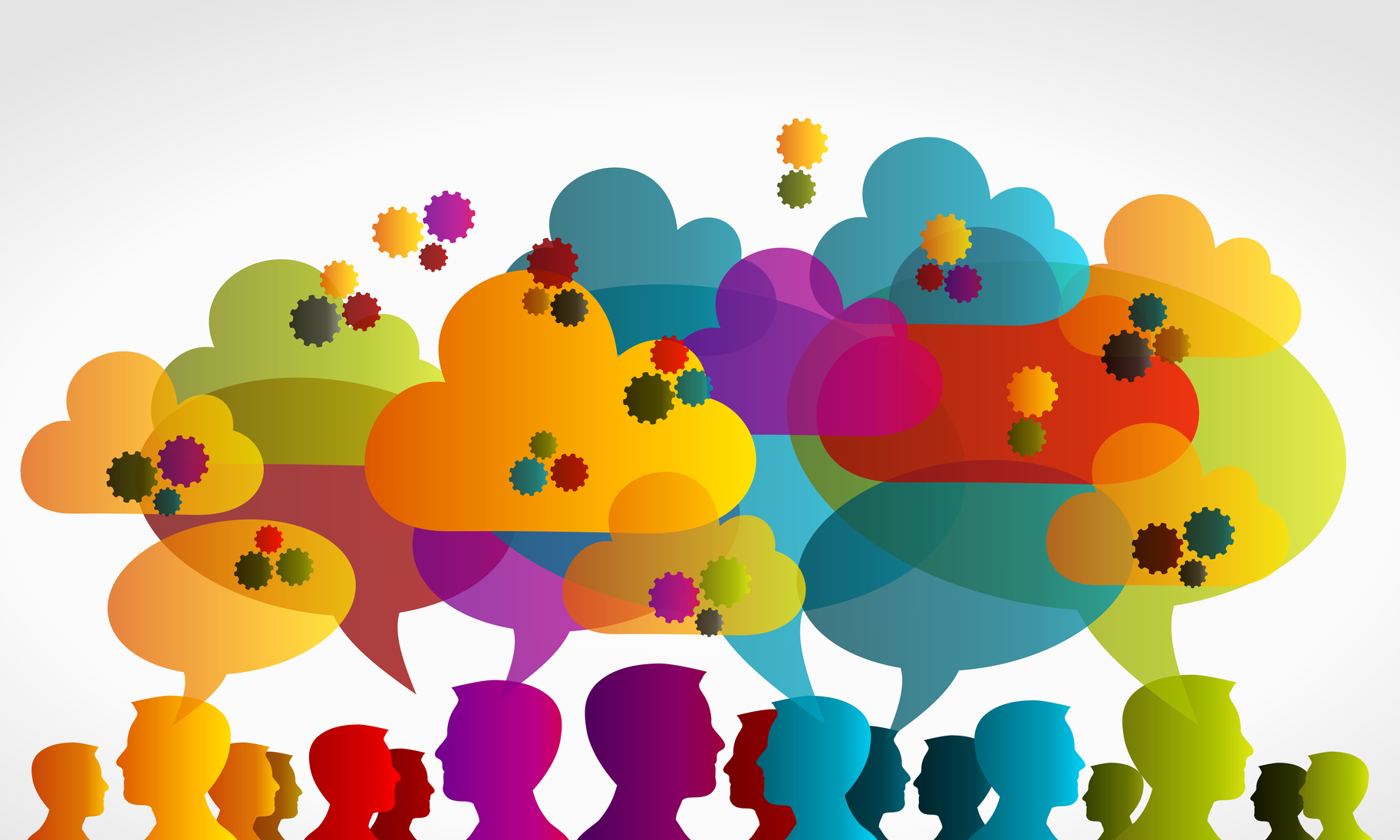
Respectful
Language
Many of
our random expressions can be potentially sexist. Our
choice of descriptors can often belie sexist,
homophobic, or racist attitudes.
"Man up" -
Fortify
"Be a man"
- Be an adult, be mature, be brave
"Man
the..." - Staff the...
"Manpower"
- Personnel
"Boys will
be boys" - Inappropriate behavior
"That's so
gay" - That's so bad, stupid, weird
"Don't be
a dick" - Don't be a jerk
"Don't be
a cunt" - Don't be a jerk
"Don't be
a pussy" - Don't be a coward
"You're
such a bitch" - You're so annoying
"She's so
uppity" - She's so arrogant
"He gyped
me" - He cheated me
"I jewed
him down" - I bargained with him
"He was an
indian giver" - He was not trustworthy
"Crack the
whip" - Let's get back to work
"Chop
chop" - Hurry up
"Thug" -
Gangster, criminal
"Blacklist" - Boycott
"Squaw" -
Native woman
"Oriental"
- Asian, Eastern
"Eskimo" -
Inuit, Native Alaskan
"Mumbo
jumbo" - Gibberish, nonsense
Offensive ethnic expressions used to describe
immigrants...
Spic,
Mick, Frog, Portagee, Wetback, Limey, Dago, Goomba,
Guido, Polack, Fritz, Kraut, Wop, Towelhead, Paki, Yid,
Heeb, Kike, Jap, Chink, Gook, Spade, Spook, Coon
And,
offensive expressions used to describe poor, uneducated,
white people...
Whitey,
Cracker, Honky, Redneck, Trailer Trash, Hillbilly,
Gringo
Guide to Gender-Affirming Verbal Communication
Common English Words And Phrases With Racist Origins
Racist and Offensive Phrases That People Still Use
Everyday Words and Phrases That Have Racist Connotations
Outdated Terms With Racist Origins
List of Ethnic Slurs
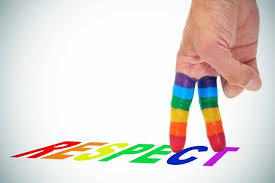
Microaggressions
“People who identify
as lesbian, gay, bisexual, transgender, or queer (LGBTQ)
experience subtle forms of discrimination, also known as
microaggressions. Microaggressions are commonplace
interactions that occur in a wide variety of social
settings, including school or the workplace, among
friends and family, and even among other LGBTQ people.
These accumulated experiences are associated with
feelings of victimization, suicidal thinking, and higher
rates of substance abuse, depression, and other health
problems among members of the LGBTQ community.”
-Dr. Kevin Nadal
NY Times: What's In a Gender Pronoun?
Gender Neutral
Communication
Video: Discussing
Pronouns
Gender Neutral Word List
Washington Post: The Pronoun They
Gender Neutral Terms We Should Be Using
Language of Gender
Beyond Political
Correctness
"Sticks and stones may break my bones but words will
never hurt me."
-Nursery Rhyme
“Sticks and stones will break our bones, but words will
break our hearts.”
-Robert Fulghum
According to Wikipedia: "Political correctness is a term
which denotes language, ideas, policies, and behavior
seen as seeking to minimize social and institutional
offense in occupational, gender, racial, cultural,
sexual orientation, certain other religions, beliefs or
ideologies, disability, and age-related contexts. To be
politically incorrect connotes language, ideas, and
behavior unconstrained by a perceived orthodoxy or by
concerns about offending or expressing bias regarding
various groups of people."
Choosing the right words is a good start in acting with
civility. It is important to be sensitive to others and
avoid using offensive language or hurtful words. The
words we used have an impact on other people and can
cause harm. So, out of a genuine sense of caring and
compassion, and not simply because we want to be
"politically correct," we should seek to understand
others and communicate with respect.
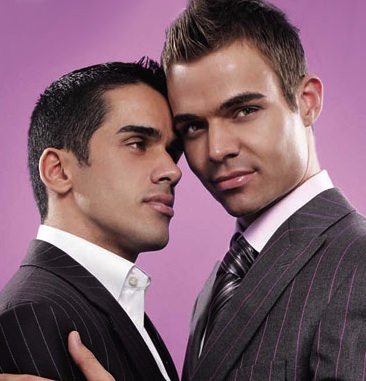
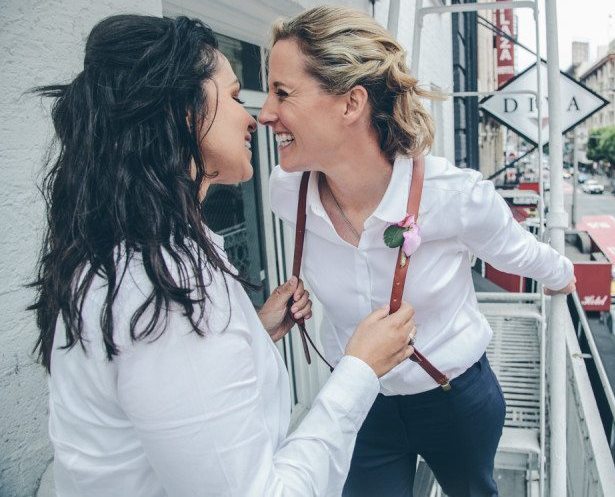
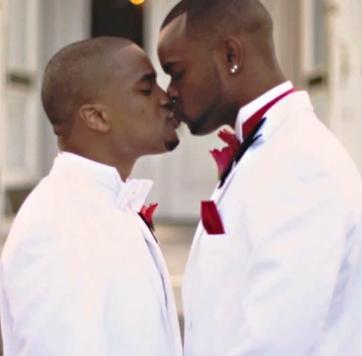
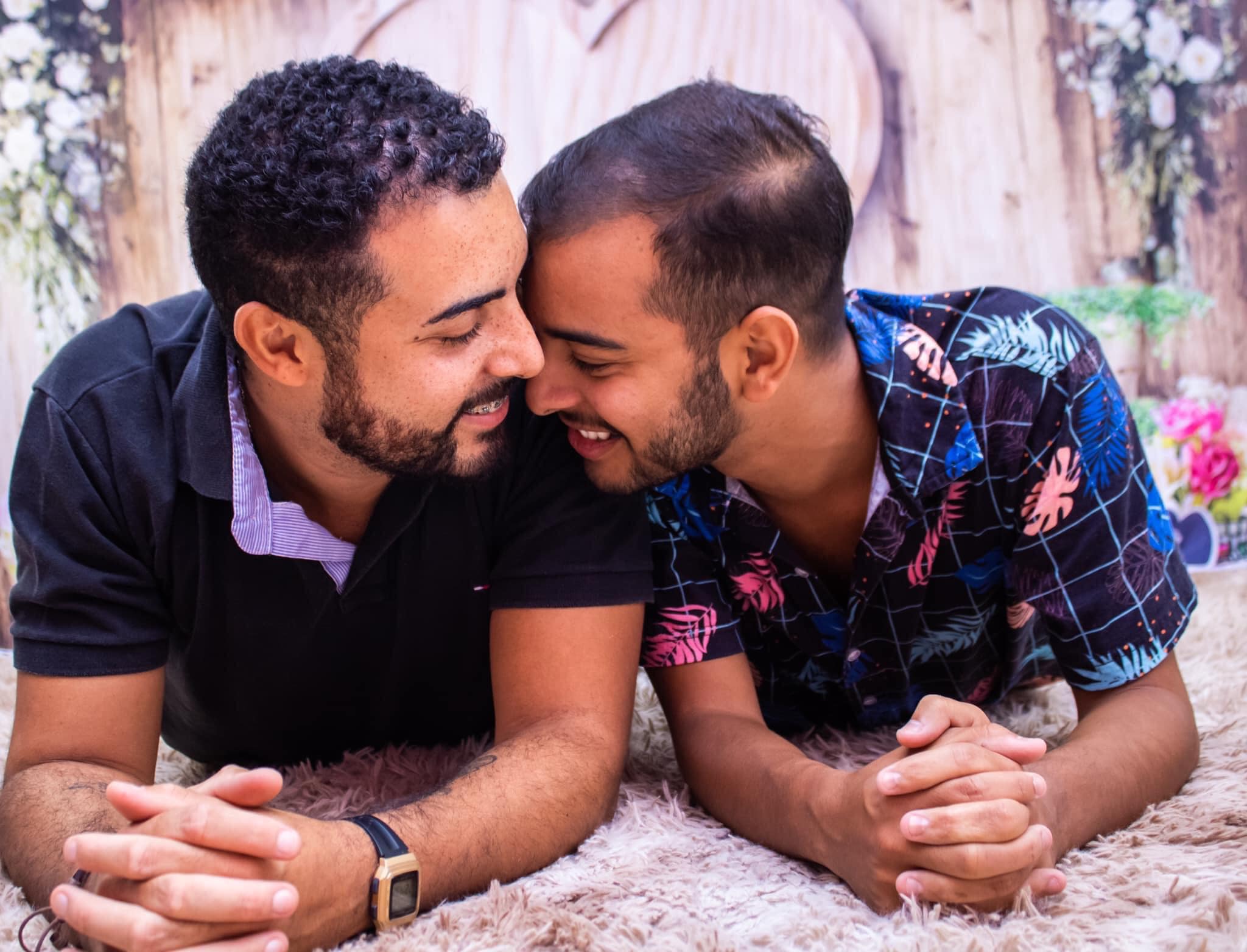
Video Documentary: The Gay Word
The Problem
With "Hey Guys"
Words We Don't Use
Guide to Gender-Inclusive Language
What So Bad About That's So Gay?
That’s So Gay: Lasting Impact on Youth
Hallmark:
Meaningful Messages for LGBTQ Friends and Family
APA: Avoiding Heterosexual Bias in
Language
Slideshow: Respectful & Inclusive
Guide to Gender-Affirming Verbal Communication
According
to research done by counselor Courtney East, there is a
distinction between "political correctness" and "inclusivity."
She says the difference is whether the motivation is
external or internal. Being "politically correct" is
externally driven, behaving in a way that will gain
approval from others. It compromises the value of free
speech and can be equated with censorship. However,
being "inclusive" is internally driven, treating the
other person with sensitivity and respect. It's not just
about the "Golden Rule," in which you do unto others as
you would have them do unto you. It's more about the
"Platinum Rule," in which you actually treat the other
person better. Using inclusive language is preferred to
being politically correct. It is more of a mindset and
an attitude that is motivated by a a sincere desire to
show respect for others.
In order to establish a helpful and supportive
relationship, one must offer positive, unconditional
regard, and create an air of acceptance. That means
using respectful and inclusive language all the time and
with everyone. That means (at minimum) getting
comfortable with the right words and the proper
language. We have the opportunity to choose language
that promotes self-acceptance with the LGBTQ people we
interact with and also models
respect and fairness for others.
Where
words hurt, civility heals. According to the Civility
Project, "We build a stronger and more diverse community
by actively sharing our ideas and opinions with others
in thoughtful and considerate ways. By practicing this
basic commitment to civility, we learn and grow from one
another, even in disagreement." They offer these tips:
--Pay Attention – Be aware of others, be sensitive to
the immediate context of actions
--Listen Closely – Understand other points of view
--Be Inclusive – Welcome all, don't exclude anyone
--Don't Gossip – Do not talk about others in their
absence, do not spread rumors
--Show Respect – Honor others, especially in
disagreement
--Be Agreeable – Find opportunities to agree
--Apologize Sincerely – Repair damaged relationships
--Give Feedback - Constructive comments and suggestions
only, no personal attacks
--Accept Responsibility – Don't shift blame, share
disagreements publicly

Words Hurt
Don't believe their negative talk...
Many times, people
utter offensive and hateful phrases out of ignorance or
insensitivity. They sometimes don't know better and
typically do not really mean what they say. They often
do not think before they speak. They often speak
about topics for which they are not knowledgeable. It is
best to realize that your worth is not dependent on
their opinion and your self-esteem does not rely on
their ill-chosen and reckless words.
You are
surrounded by hateful rhetoric from family members, from
co-workers, from members of the community, on social
media, in news reports, and from politicians and
preachers. Be resilient and do not let their negative
remarks affect they way you regard yourself.
Be so rooted in yourself that someone
else's perceptions, judgements, words, or actions
towards you, don't affect your positive sense of self.
Despite
what they say, you are a good person.
Just as a
reminder, here is a quick list of things you are not...
|
--damaged
goods
--worthless
--a burden
--stupid
--an
abomination
--broken
--a loser
--disgusting
--deviate
--a freak

|
--a waste
of time
--a
failure
--weak
--a lost
cause
--unlovable
--less
important
--ugly
--repulsive
--an idiot
--trash

|
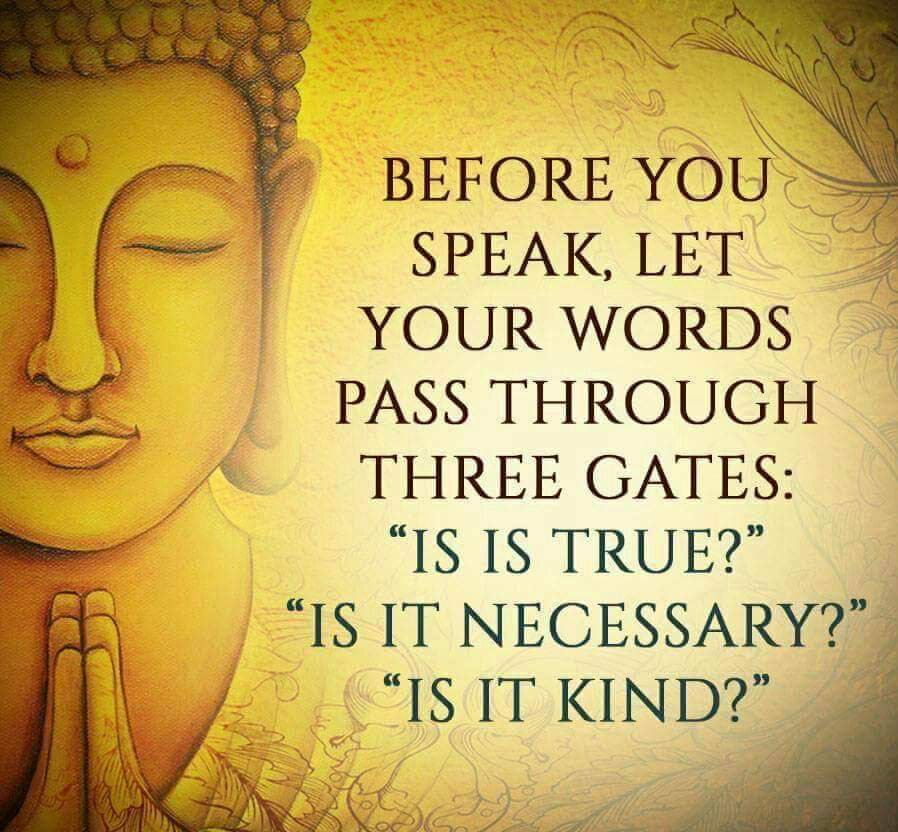
Video Documentary: The Gay Word
The Problem
With "Hey Guys"
Words We Don't Use
Guide to Gender-Inclusive Language
What So Bad About That's So Gay?
That’s So Gay: Lasting Impact on Youth
Hallmark:
Meaningful Messages for LGBTQ Friends and Family
APA: Avoiding Heterosexual Bias in
Language
Slideshow: Respectful & Inclusive
Instead of "Hey Guys!" Try These
Gender-Neutral Alternatives
Info: Preferred Gender Pronouns
That’s Go Gay: Microaggressions and the
LGBTQ Community
Respectful Workplace: The Power of Words
Words the LGBTQ
Community Has Reclaimed (And Some We Haven't)
Info: Archaic Language and
Terminology
Has "Openly Gay" Become an
Offensive Term?
That’s So Gay: Not So Funny
Brian McNaught: Good Words Bad Words
HOME
QUEER CAFE
│ LGBTQ Information Network │ Established 2017
|